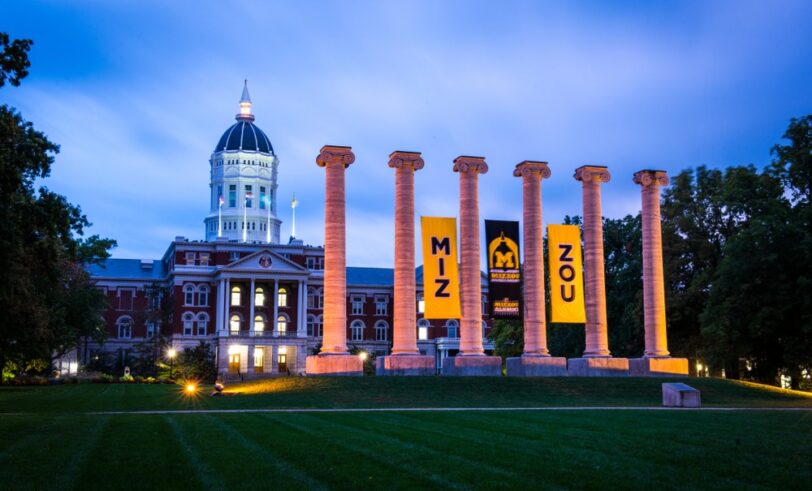University of Missouri System Walks Back “Loyalty Oaths” in Job Listings

Last month I criticized a wide swath of Missouri public universities for requiring woke ideological attestations as a condition of employment, which I characterized as “loyalty oaths.” Around that time, a state legislator submitted legislation to deal with the matter, and late this past Friday, news broke that University of Missouri President Mun Choi would be stripping the problematic hiring language from the job listings posted by the University of Missouri System:
The goal of this language change would be to address concerns about diversity statements resembling “loyalty oaths” or “litmus tests,” Choi explained in his letter. MU spokesperson Christian Basi said Friday afternoon that the university does not and has not used these practices during the hiring process but wanted to clarify its practices. . . .
The Show-Me Institute, a Missouri-based think tank that advocates for “free markets and individual liberty,” also criticized the state’s universities for using diversity statements as “loyalty oaths” in the hiring process.
“We do not use loyalty oaths or litmus tests but a few of our job advertisements contained information that may give some readers the impression that such a request was inferred,” Choi wrote in his letter this week.
As reported by the Columbia Missourian, the new “values” language reads as follows:
We value the uniqueness of every individual and strive to ensure each person’s success. Contributions from individuals with diverse backgrounds, experiences and perspectives promote intellectual pluralism and enable us to achieve the excellence that we seek in learning, research and engagement. This commitment makes our university a better place to work, learn and innovate. In your application materials, please discuss your experiences and expertise that support these values and enrich our missions of teaching, research and engagement.
Without nitpicking, I will say that this language is an improvement over previous university job application expectations, such as noting that ideal candidates for a math professor position “employ justice-oriented frameworks (e.g., anti-racist, abolitionist, decolonial, indigenous)” in their work.
No one should blind themselves to the fact that the woke mindset has penetrated deep into Missouri’s higher academy. The incidents I cited were not isolated, and they are likely the tip of the iceberg. President Choi’s statement was good as far as it goes, but so far as I can tell no university employee was disciplined for requiring diversity statements, and the bureaucracies that produced them remain untouched.
Barring a legislative solution, we are going to see the woke agenda continue to consolidate its control over Missouri higher education.
If the system’s move was made to halt a statutory solution, Missouri legislators should not oblige. While I welcome President Choi’s improved and appropriate expectations for prospective hires, he doesn’t lead every public university in the state, and there’s nothing to stop other universities—or the University of Missouri System in the future—from falling back on woke bad habits.
President Choi’s decision to excise woke loyalty oaths from university hiring documents is encouraging. The legislature should finish the job.


